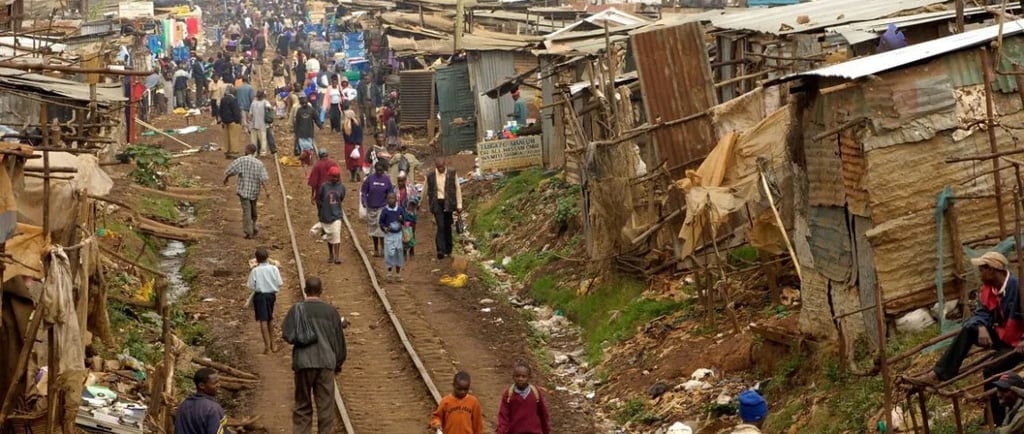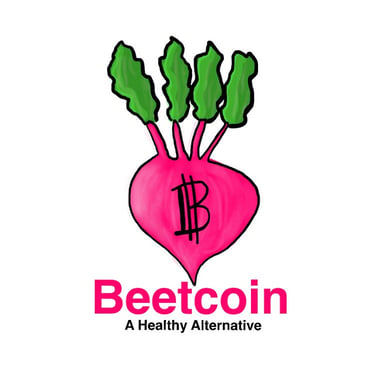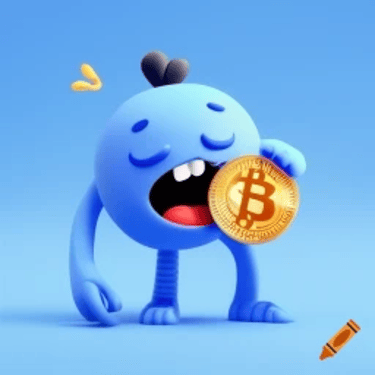Empowering Development with Blockchain Technology
Explore how blockchain technology can empower individuals and drive economic development in developing countries. Discover its role in facilitating financial inclusion, improving access to services...
FUTURE SCOPE
11/11/20243 min read


Nigeria has a population of around 200 million people with a GDP of just shy of 400 billion US dollars, with blockchain if the GDP per capita of Nigeria was increased to that of Mexico, its economy would rival Germany, how can blockchain contribute to this growth though
In developing countries such as Nigeria banking is not available to everyone as a lot of the population do not have ID’s or birth certificates or a stable address, thanks to blockchain and its developments, a second hand 30 dollar budget smart phone and some free public wifi now allows them access to global banking and investments allowing them to participate in the global economy and safely store their digital assets. Before blockchain, banking services were exclusive and the quality of them was dependent on what country you lived in, if you had citizenship within that country and how well connected you were. Blockchain eliminates all of that, now a Nigerian farmer has the same access to global markets and banking as a Danish multimillionaire.
Prior to blockchain, storing wealth for Nigerian citizens had to be in the form of cash or precious metals stored within the home, this would result in a lot of burglaries and stolen assets. Now if you are a Nigerian citizen and you are trying to break out of poverty and create a better life for yourself and your children, how can you keep this dream alive and keep working hard to save up when your assets keep getting stolen and you don’t have access to banking within your country as it is exclusive. This causes the people of the country to remain in poverty despite the wealth of resources and talent within the country. In first world countries such as Australia resources can be utilised to enrich the countries and its citizens, due to a positive incentive structure for people to work hard for the benefit of themselves, while also benefitting the broader community. Knowing that their money stored within the bank won’t disappear overnight, encourages them to keep contributing to the growth of the economy and stay out of crime as there is less incentive to do so as people’s money is harder to steal and get away with compared to within Nigeria and there is abundant opportunity for a good life through work, this creates a positive incentive structure and aligns the individual’s personal goals with nations, making everyone wealthier.
Globally developing countries are breaking the poverty trap through a few main ways. They can choose a strong bold leader and entrust them with dictator powers, this can be an effective strategy for cracking down on corruption in high places as this entrusted leader can rapidly set laws in the best interest of the country, and if they do so effectively, the country can eradicate the corruption and protect individual property rights. Some countries that employ this strategy experience rapid economic growth such as Rwanda, China and El Salvador. El Salvador was the murder capital of the world just a few years ago, and now the country has less homicides than the US per capita so dictatorship styled leaders can rapidly bring order to a country and solve issues making the country’s intellectual and mineral resource wealth enrich the country. We see the same thing within China it has economically exploded over the last few decades bringing wealth to the people but at the cost of individual sovereignty and privacy and free speech which is a high price to pay.
Blockchain is another solution for breaking out of the poverty trap and keeping individual freedoms. You may think the citizens of these countries have little to no money to save, why would they need to hold bitcoin or other digital assets. It gives them the sense of security that the money they make trying to escape poverty will not be stolen from them and they can store that wealth securely and if they leave the country to pursue better opportunities the wealth can be easily transported without being confiscated by government officials. The implications of this is is that instead of gold and cash being stored within people’s houses, they start to store it in digital assets like USDT or BTC and so being a thief in Nigeria becomes much less appealing as there is no more cash and gold to steal in everyone's poorly secured homes so the thieves have to start working honestly again to put food on the table. In addition less people who are hard working turn to thievery as they can now store their wealth securely, making an honest job more appealing. Say a thief steals $100 USD worth of gold from someone’s house, they may break the window, door, wall and cause $500 dollars of damage in order to steal $100, and so what if they couldn’t anymore? The thief knows there are no more dense gold bars so doesn’t break in anymore, so the victim doesn’t have to repair their house, they keep their digital wealth and the thief is forced to become economically productive through honest work, this is a very powerful combination which can break the cycle of poverty and allow these nations such as Nigeria to attain a high standard of living and become one of the world's largest economies.
Get in Touch
We'd love to hear from you! Reach out for questions, feedback or other enquiries
Reach
info@bitesizedblockchain.com
Bite Sized is not affiliated with these brands in any way





Grab your daily web 3 byte
